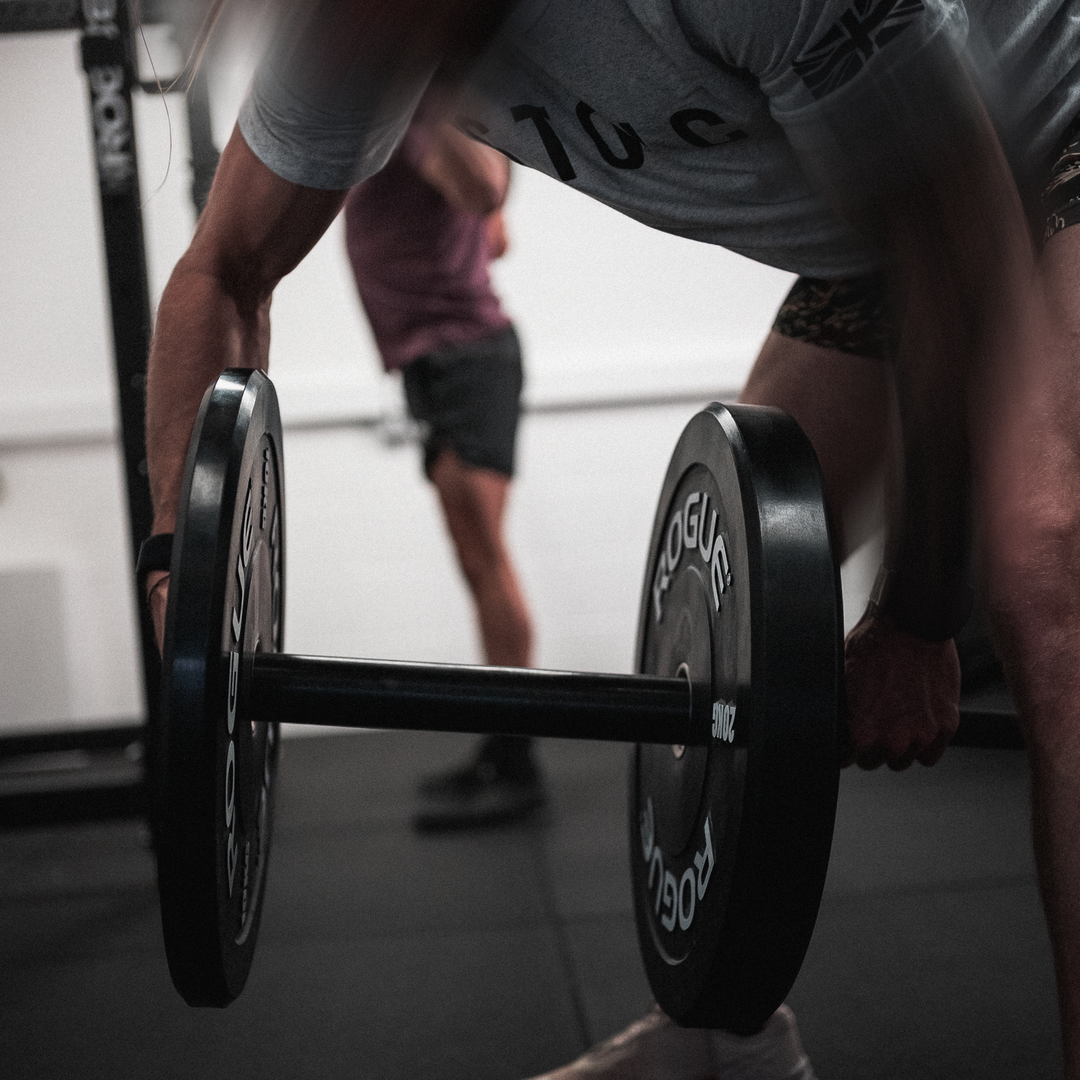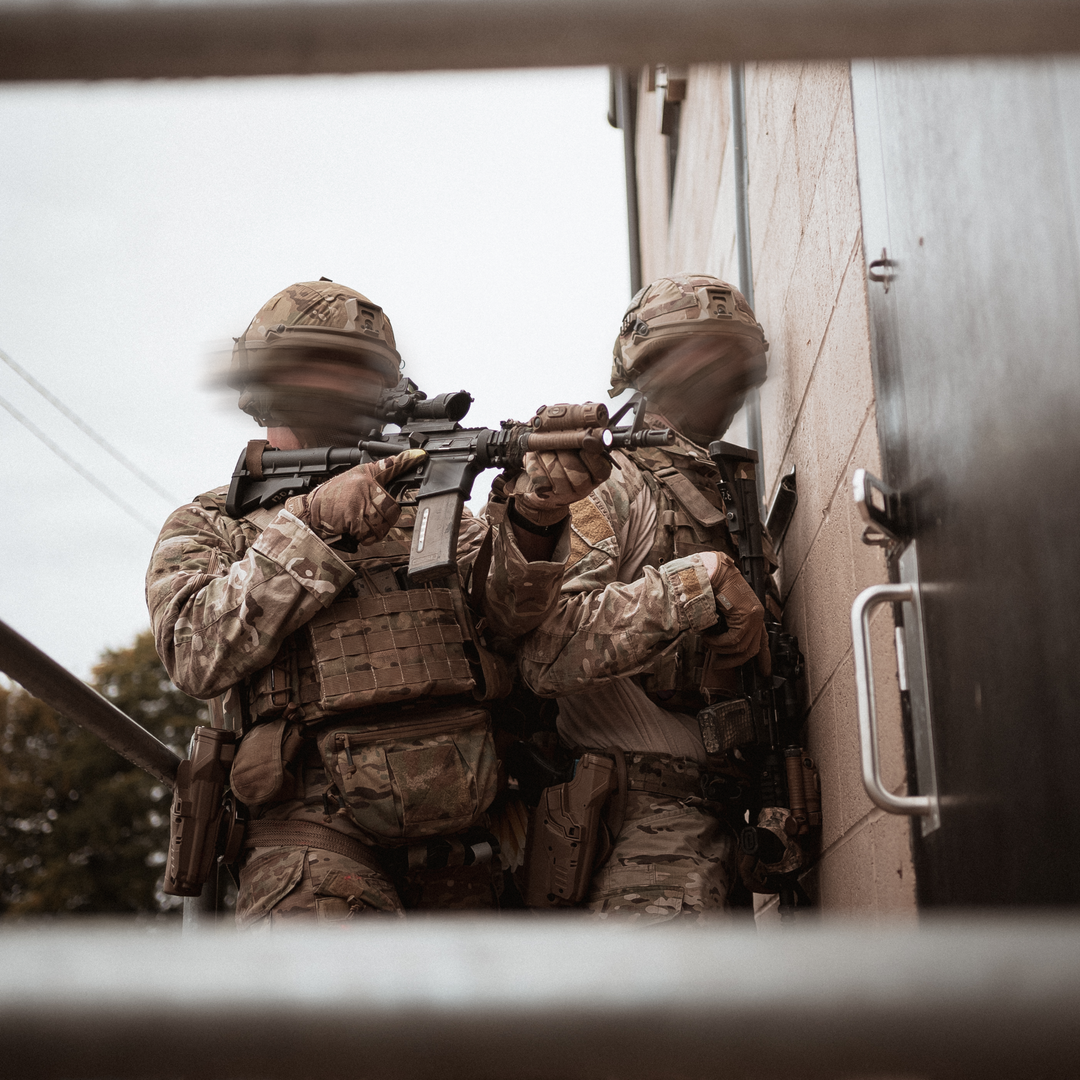OUR TOP 3 SUPPLEMENTS FOR OPERATORS AND SOLDIERS

The demands faced by the Tactical Athlete whilst training, on exercise, or deployed create an increased demand for multiple nutrients involved in energy production and recovery from activity. Ideally, we would all get the basic nutrition we need from natural, whole food sources, but this has become difficult, for several reasons, of which we will discuss throughout the article.
In terms of nutritional supplementation it can be difficult to know where to start. That is why we designed a combination of supplements that we call the Foundational Three, they will give you the largest return for investment whilst remaining minimalistic, so that your not carrying around a pharmacy but your body has all it needs to get the job done.
The Foundational Three:
1. Multivitamin/Mineral
There are arguments for and against reaching all your required nutrients from food alone, most of these studies however, compare populations and control groups in environments far from those occupied by the Tactical Athlete, even when controlling for our community predominantly consuming whole foods, there may still be a nutrient deficiency due to the following factors:
I. Supply and demand has seen a change in farming practices. To meet demands, the production of high yield crops reduces field rotation and soil recovery. Therefore depleting the soil of micronutrients and subsequently the food produced from those fields.
II. The increasing use of pesticides and herbicides on crops significantly lowers nutritional quality, alongside the early harvest of certain fruits and vegetable to prolong shelf life and ‘ripen at home’.
III. High stress environments such as basic training, arduous courses and deployments depletes vitamins and minerals at an accelerated rate. This is due to increased levels of cortisol and adrenaline facilitating the use and excretion of vitamins such as A, C, D, E, K, B complex, and minerals including magnesium, calcium, phosphorous, chromium, selenium, zinc, and potassium.
How To Choose A Multivitamin/Mineral
Quality over quantity, this is a rule of thumb for all supplements, however multivitamins as their name suggests combine numerous nutrients into one, therefore quality is often compromised. Here is a simple guide to check off before you buy.
Avoid: Minerals bound with salts; carbonate, oxide, and sulfate. These are poorly absorbed.
Choose: Minerals bound with an amino acid; taurate, glycinate, orotate, arginate, lysinate, and citrate, these are treated like a protein and have a better absorption rate.

2. Fish Oil
Fish oil contains Omega-3 fatty acids which are categorised as essential fatty acids because humans must obtain them from food or supplementation; i.e., they can’t be made from other substances in the body. These essential fatty acids are known as EPA and DHA. EPA predominately combats inflammation, supplementing with a higher concentration of EPA would be beneficial for those in our community who are in basic training or an arduous course. DHA on the other hand is most beneficial to those in high cognitive output environments such as precision shooting, flying etc. this is due to DHA’s ability to promote cognition and brain health.
Fish Oil works by incorporating itself in the lipid layer of all your cells, increasing the efficiency of signalling or “messaging” between cells. In practical terms, this means your body will be more efficient in utilising stored fat as an energy source rather than relying strictly on glucose. Which in turn improves insulin sensitivity and metabolic rate.
How To Choose A Fish Oil
Aim to get 1 to 3 grams of EPA and DHA daily, as always quality is paramount, so ensure the oils are cold extracted and free of contaminants such as PCBs and heavy metals.
3. Vitamin D
Achieving optimal Vitamin D levels is one of the easiest ways to reduce injury (musculoskeletal injuries and fractures) and illness rates, which if you are in basic training or a selection course should be a priority. Vitamin D deficiency in the UK is high due to the weather we experience year-round. You’re pretty much guaranteed to have low Vitamin D levels unless you actively seek out daily sun exposure without sunglasses or sun cream. To learn more about Vitamin D supplementation take a look at our article on how to optimise vitamin D3 levels for the tactical athlete.
How To Choose A Vitamin D Supplement
D3 is the form associated with greater calcium absorption, and if you are particularly concerned with bone injuries such as stress fractures we would advise a Vitamin D supplement with added Vitamin K2 which increases the facilitation of calcium uptake to the bones and away from the soft tissues, such as blood vessels and kidneys. Regarding dosage, we recommend supplementing with 2,000 to 5,000 IUs of D3 daily in order to achieve a blood value between 50 and 80 ng/ml.




